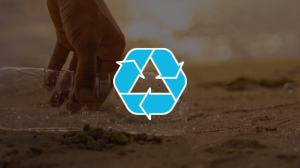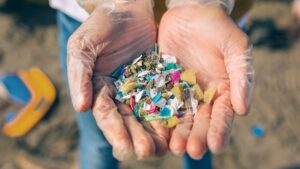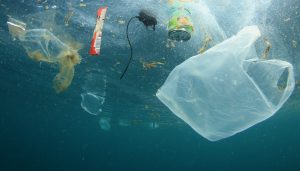Environmental group takes aim at chemical recycling of plastics
A report from activist organization GAIA claims processing strategies that have been heavily promoted by the polymer industry amount to a “greenwashing tactic” undermining efforts to ban single-use plastics.
Global Alliance for Incinerator Alternatives (GAIA), a group that opposes waste-to-energy facilities, released a paper today criticizing a family of technologies known as either “chemical recycling” or “advanced recycling.”
As opposed to the traditional process of shredding, melting and molding plastics into new products, chemical recycling uses different processes to break plastics down into other chemicals, which can be used to make fuels, new plastics or many other products.
The American Chemistry Council (ACC) says advanced recycling is a complement to mechanical recycling that can help divert difficult-to-recycle plastics away from landfills to create new products, including food-contact packaging. Earlier this year, the U.S. Department of Energy announced it would put millions of dollars behind research into chemical recycling technologies. And last year, Closed Loop Partners released a report on the chemical recycling market to encourage investments in the sector.
But in a new paper and accompanying press release, Berkeley, Calif.-headquartered GAIA claims chemical recycling is more focused on converting plastics into fuels, which are then burned. Because of where those incinerators are located, low-income communities and communities of color are particularly impacted, GAIA said.
“Sound engineering practice and common sense shows that chemical recycling is not the answer to society’s problem of plastic waste,” Andrew Neil Rollinson, who wrote a June 2020 technical assessmentof chemical recycling, stated in the press release. “It represents a dangerous distraction from the need for governments to ban single-use and unnecessary plastics, while simultaneously locking society into a ‘business as usual’ future of more oil and gas consumption.”
The U.S. House of Representatives Select Committee on the Climate Crisis in late June released a “Congressional Action Plan for a Clean Energy Economy and a Healthy, Resilient, and Just America.” Among many other recommended steps, the 547-page document produced by Democrats in the House endorses infrastructure “to chemically recycle certain materials into original molecular building blocks.”
But GAIA urged elected officials not to support chemical recycling.
“Plastics are the new villain of the climate fight, and elected officials can’t fall for industry’s claims that they have a silver bullet solution, especially when the evidence does not back up those claims,” Denise Patel, GAIA’s US/Canada program director, stated in the release. “With the rising crises of climate change, pollution, and economic insecurity under the backdrop of a global pandemic, we have no more time or money to waste on dangerous tech-fixes. Policymakers need to fight climate change at the source, by pursuing policies that place limits on production and support zero waste systems.”
Read the full and original article at Resource-Recycling.com



